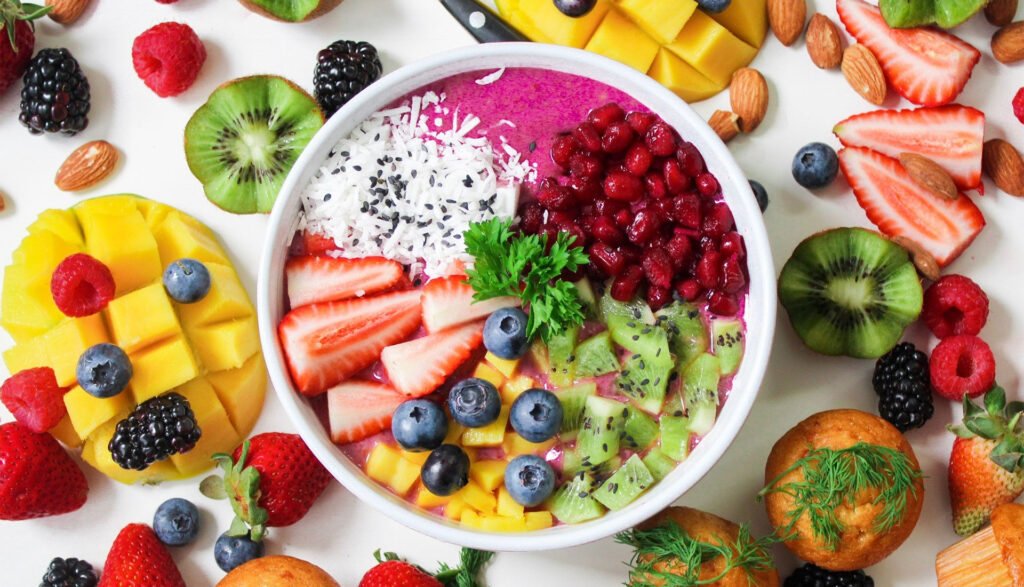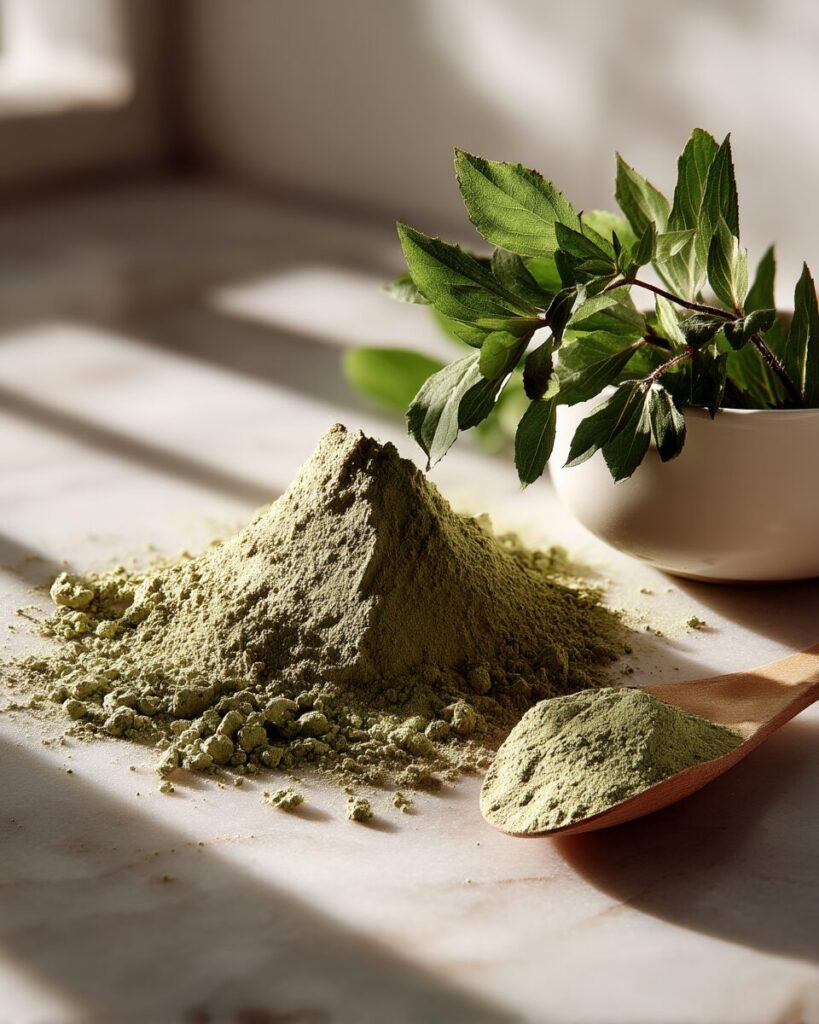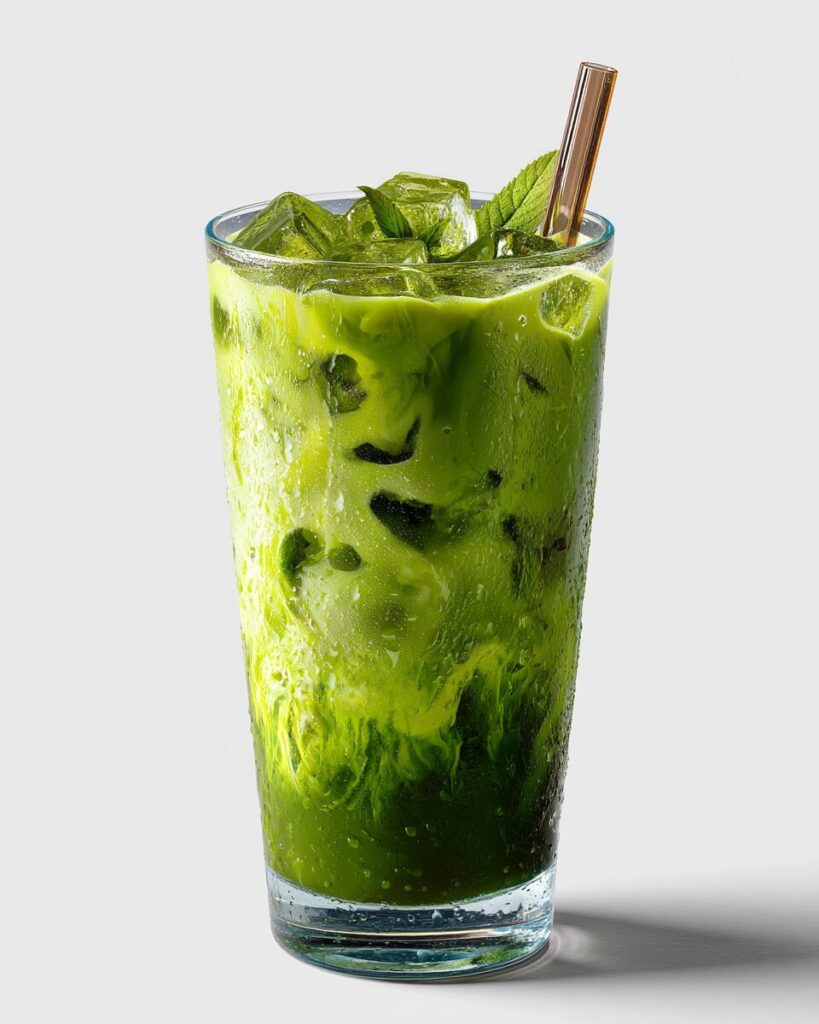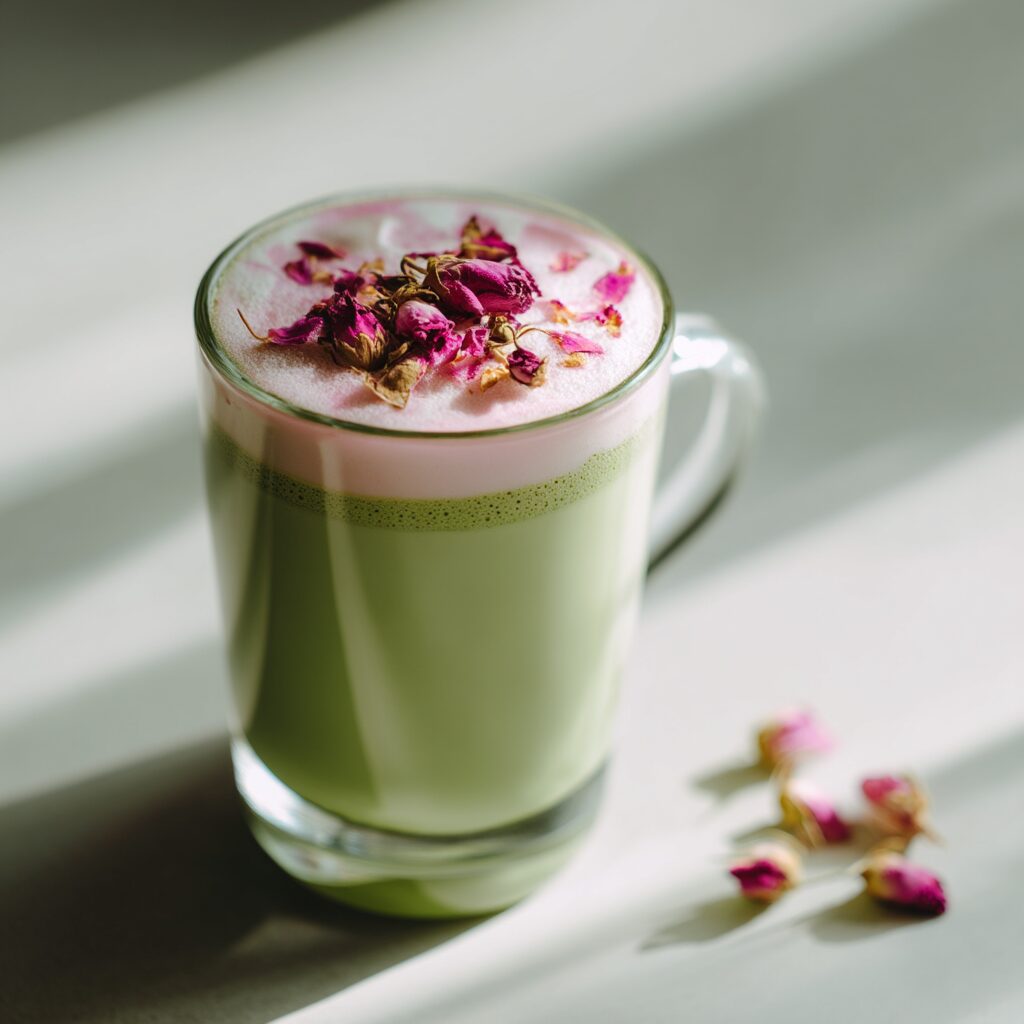Is matcha tea good for you? Yes, but the research is complicated. Learn the truth about matcha and its health benefits.
Matcha green tea is known for its health benefits.
Matcha is often hailed as a superfood, with claims that it can combat cancer, support heart health, and even aid in weight loss. But how much of this is backed by science? Is matcha truly beneficial for your health, or is it mostly hype?
Table of Contents
What is matcha?
Matcha is a finely ground powdered green tea, made from specially grown and processed tea leaves. Unlike traditional green tea, which is steeped and then discarded, matcha is whisked directly into hot water or milk, meaning you consume the entire leaf—and all its nutrients.
Matcha is packed with antioxidants, especially catechins like EGCG, which may have health benefits. It also contains caffeine and L-theanine, an amino acid that promotes relaxation without drowsiness. Because of its unique cultivation process, matcha has a vibrant green color and a rich, slightly sweet, umami flavor.
It’s been an integral part of Japanese tea ceremonies for centuries, but today, matcha is enjoyed in lattes, smoothies, desserts, and even savory dishes. Have you tried matcha before? If so, how do you like to prepare it?
Why is matcha good for you?
Matcha is packed with health benefits, making it a favorite among wellness enthusiasts. Here’s why it’s great for you:
- Rich in Antioxidants – Matcha contains a high concentration of catechins, particularly EGCG, which help fight free radicals and support overall health.
- Boosts Brain Function – Thanks to its combination of caffeine and L-theanine, matcha provides sustained energy without the jitters, enhancing focus and concentration.
- Supports Heart Health – Drinking matcha regularly may help lower LDL cholesterol and reduce the risk of heart disease.
- Aids in Weight Management – Matcha can boost metabolism and enhance fat oxidation, making it a useful addition to weight loss efforts.
- Detoxifies Naturally – Because matcha is grown in the shade, it’s rich in chlorophyll, which helps flush toxins from the body.
- Strengthens Immunity – It contains vitamins, minerals, and compounds that support the immune system.
Beyond the health perks, it’s just a lovely ritual—whisking up a vibrant green cup can feel calming and meditative.

What are the benefits of matcha green tea?
We know matcha contains loads of beneficial compounds. But the truth is, we need way more research to know how this actually translates to human health.
Early research suggests matcha may help support:
- Brain health and function
- Weight management
- Skin health and appearance
- Blood sugar regulation
- Heart health
- Risk of cancer

Nutritionist tip: Matcha powder is packed with health benefits, but the added milks and sweeteners in matcha drinks might not be. For a more nutritious latte, choose nutrient-rich options like dairy or soy milk, and keep added sugars to a minimum.
Caffeine in Matcha: What to Expect
Matcha naturally contains caffeine, but the amount depends on its quality and how much you use. Research indicates that matcha provides 19–44 mg of caffeine per gram, meaning a typical 2-gram serving could contain 38–88 mg of caffeine, while a stronger preparation might reach 176 mg.
Wondering how that compares? A cup of coffee ranges from 113 to 247 mg of caffeine, and the recommended daily maximum is 400 mg, so matcha drinks usually have a little less caffeine than coffee, but it depends. Most adults can safely drink matcha daily without exceeding recommended caffeine limits.

The Health Perks of Matcha Green Tea
Brain health
Matcha green tea is packed with brain-boosting benefits! It contains L-theanine, an amino acid that promotes relaxation and mental clarity by increasing alpha waves in the brain
Weight loss
Matcha green tea has some exciting benefits for weight loss! It’s rich in catechins, especially EGCG (epigallocatechin gallate), which help boost metabolism and promote fat burning. Studies suggest matcha can enhance thermogenesis, the body’s ability to burn calories, increasing it from 10% to 43%.
Drinking matcha before exercise may also enhance fat oxidation, meaning your body breaks down fat more efficiently. Plus, matcha provides a steady energy boost without the jitters, helping you stay active and focused throughout the day.
Another benefit? Matcha may help regulate appetite and blood sugar levels, reducing cravings and preventing energy crashes. Combined with a healthy diet and regular movement, it can be a great tool in a weight management plan.
Skin Health
Matcha green tea is a powerhouse for skin health! It’s packed with antioxidants, especially EGCG (epigallocatechin gallate), which help protect the skin from oxidative stress and environmental damage. These antioxidants can slow down signs of aging, reduce wrinkles, and promote a radiant complexion
Blood Sugar
Matcha green tea may help regulate blood sugar levels and support diabetes management. It contains catechins, particularly EGCG (epigallocatechin gallate), which have been shown to improve insulin sensitivity and reduce blood sugar spikes.
Heart Health
Matcha green tea offers several benefits for heart health! It’s rich in antioxidants, particularly catechins like EGCG, which help reduce oxidative stress and inflammation—both of which contribute to heart disease
Key Considerations
When choosing and consuming matcha green tea, here are some key considerations:
- Quality Matters: Higher-grade matcha, like ceremonial-grade, is smoother and less bitter, while culinary-grade is better for recipes
- Caffeine Content: Matcha contains more caffeine than regular green tea but less than coffee, offering a balanced energy boost
- Storage Tips: Keep matcha in an airtight container, away from heat and moisture, to maintain its freshness and vibrant color
- Health Benefits vs. Research: While matcha is praised for its antioxidants and potential health benefits, more human studies are needed to confirm its effects
- Consumption Guidelines: Drinking matcha in moderation—around one to three cups per day—is generally recommended
My matcha latte recipe
Here’s a simple matcha latte recipe you can try at home:
Ingredients:
- 1.5 teaspoons matcha powder
- 1 tablespoon hot water
- 2 teaspoons honey (or sweetener of choice)
- ¾ cup hot milk (dairy or plant-based)
Instructions:
- In a mug, whisk the matcha powder with hot water until smooth.
- Stir in honey or your preferred sweetener.
- Heat the milk until steaming, then froth it using a whisk or milk frother.
- Pour the frothed milk into the matcha mixture and stir gently.
- Enjoy your creamy, antioxidant-rich matcha latte! 🍵

Final Thoughts
Matcha green tea is more than just a trendy drink—it’s a powerhouse of antioxidants, amino acids, and nutrients that can support everything from brain function to heart health. With its smooth energy boost, thanks to caffeine and L-theanine, and potential benefits for weight management, relaxation, and disease prevention, matcha is a fantastic addition to a healthy lifestyle.
Whether you sip it traditionally, whisk it into a creamy latte, or blend it into smoothies and baked goods, matcha offers a delicious and versatile way to nourish your body.
Would you like some matcha-based recipes to try?
